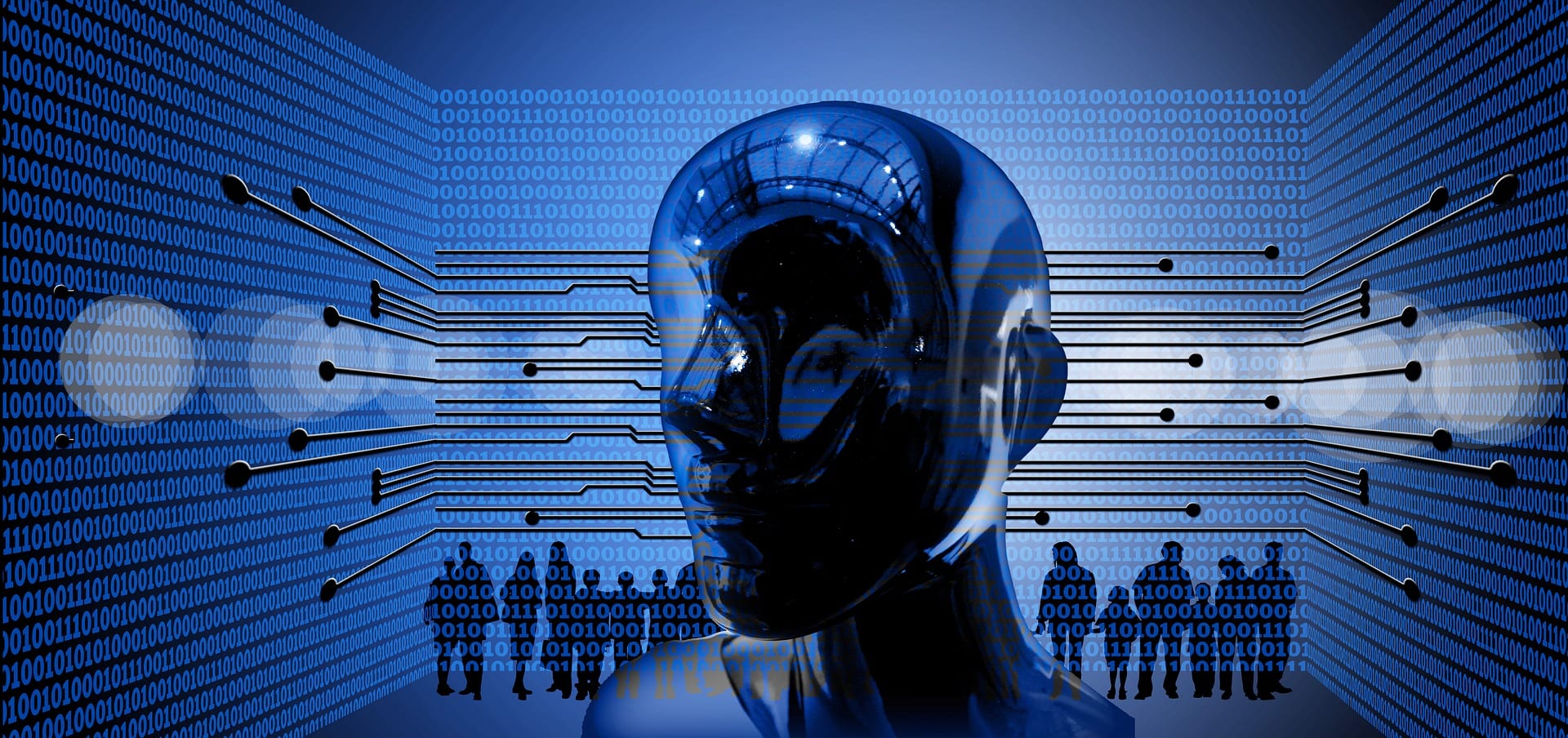How many of our decisions will be based on the influence of algorithms as technology advances and A.I. gets closer to becoming “science fact” and not “science fiction?”
Recently, the EU Committee of Ministers made a declaration regarding the ‘Manipulative Capabilities of Algorithmic Processes’, so how far exactly could Algorithms impeach upon an individual’s Human Rights?
The society of the future is based upon the foundations of the society of the past. When the winds of change sweep across a nation, this is when that nation is most likely to hold on to its foundational principles, so to continue to build upon its own society in the future.
This act of ‘clinging’ on to one’s own foundations has most recently been seen in the latest Declaration by the EU Committee of Ministers, in relation to the potential evil that may arise from the development of Algorithms upon a nation state, such as the member nation states of the European Union.
For instance, the EU claims that their member states have ‘committed themselves to building societies based on the vales of democracy, human rights and the rule of law’. Therefore, when a highly unregulated technological development arises, as seen within Algorithm processes, it was only a matter of time before governing bodies like the EU were to make cautious steps towards protecting its own foundational interests, as a means of protection from the foreseeable times to come.
So, how does Human Rights play a part?
One of the foundational principles of all nations worldwide is the protection of Human Rights law for its own civilians. This is also mentioned within the recent EU Declaration, in which nations within the EU have a duty to protect the ‘Rights and Freedoms’ of Human Rights law for everyone within their own jurisdiction, which must be equal in its application ‘online and offline’.

Following from this, what initially was a Data Protection concern, as seen in last year’s enactment of the General Data Protection Regulation (GDPR), has now grown substantially into a concern for the protection of Human Rights, given to the un-precedented rise of technology within the Public sphere. For instance, the EU Committee continues that the technology of today has the capacity “not only to predict choices, but also to influence emotions and thoughts and alter an anticipated course of action”, which could arguably impeach upon an individual’s freedom of thought and movement, if this freedom is ultimately determined by an Algorithm-based technology.
Thus, the EU Committee argues that so long as Algorithm technology remains unregulated to a greater extent, civilians of every nation are susceptible to a loss of Human Rights protection, in which they state that Algorithms may not only “weaken the exercise and enjoyment of individual Human Rights” but also have the ability to ultimately destroy “…the very foundation of the Council of Europe”. Therefore, given this latest Declaration by the EU, is the new threat to the world at large not only terrorism and climate change, but also the technology used by the masses as we know it? Given so, will the human being of the future even be a human being per se, or just a body run by machine-controlled Algorithms? Have we gone too far?


Join the conversation!